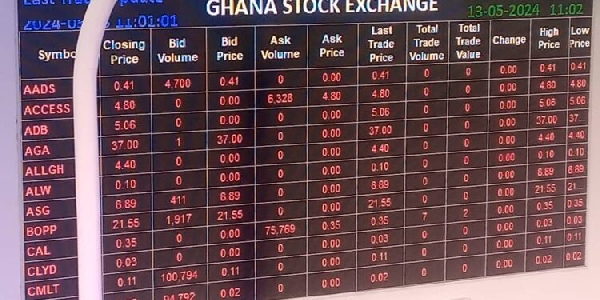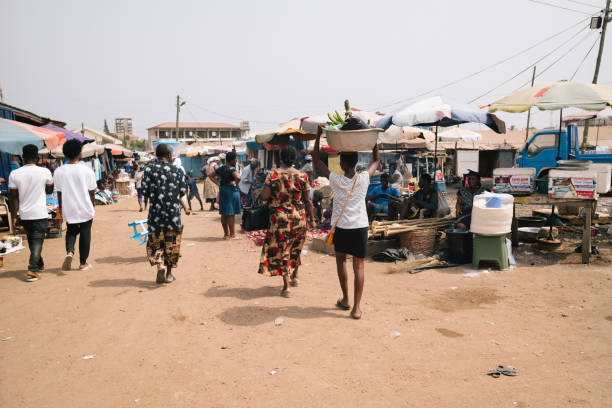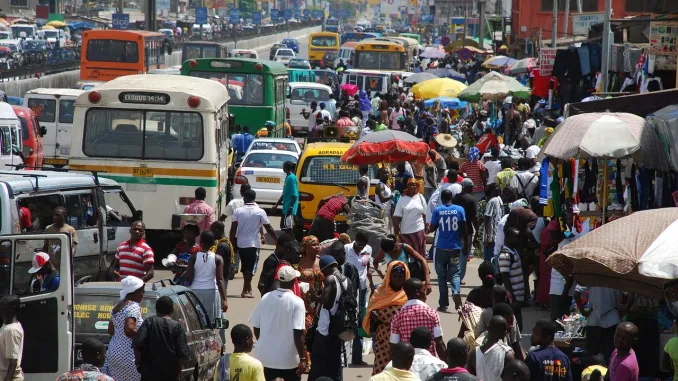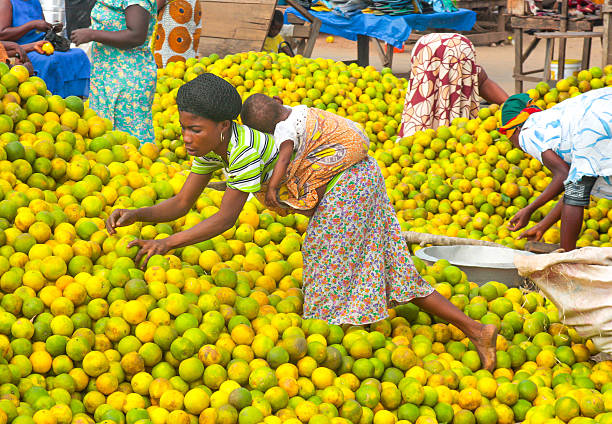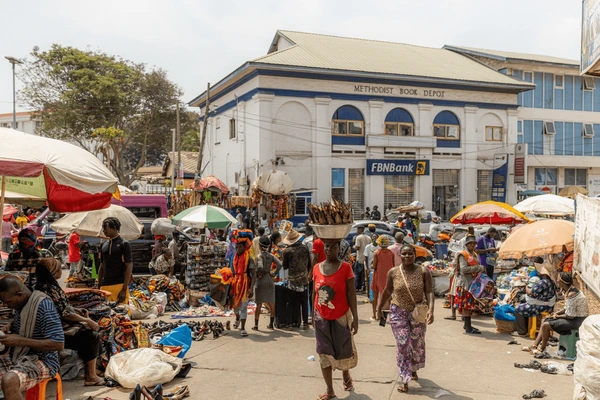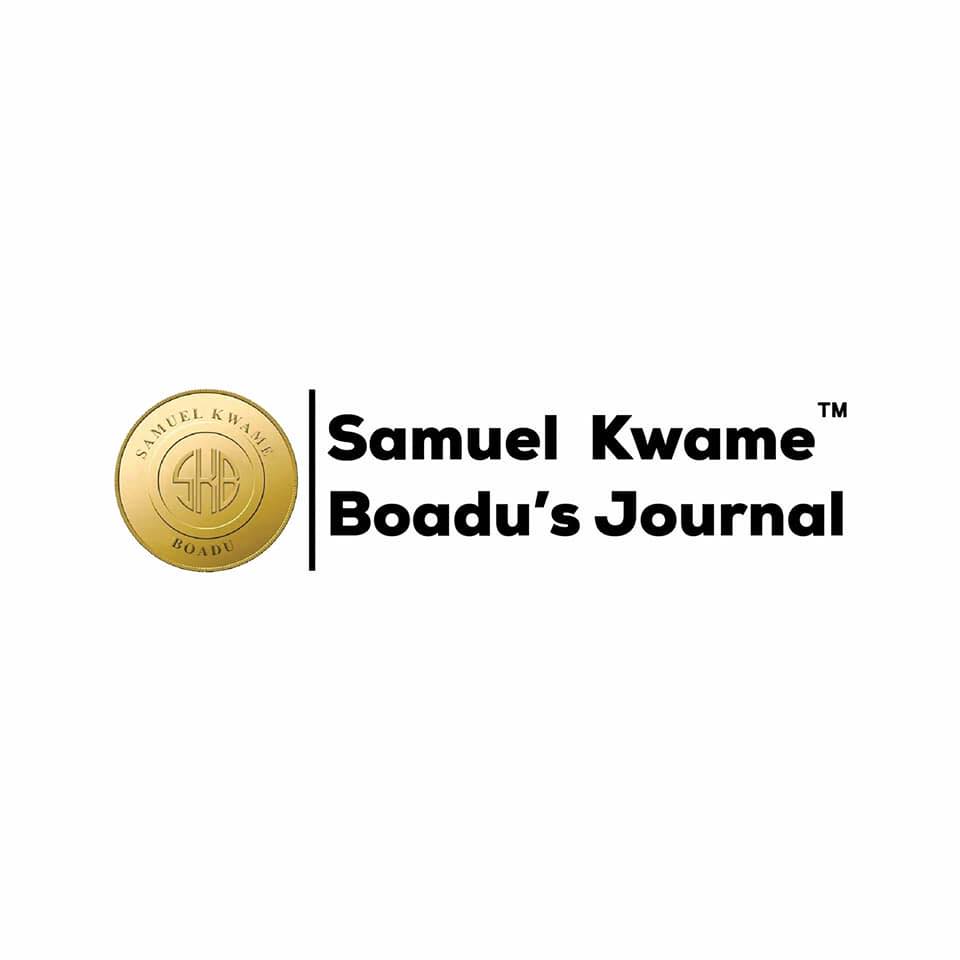Local equities rally, but valuations trail fundamentals as investors remain cautious.
ACCRA — Despite stronger macroeconomic fundamentals and a rebound in corporate earnings, the Ghana Stock Exchange (GSE) remains deeply undervalued in 2025, trading well below its historical multiples and regional peers.
Market analysts say the disconnect reflects a confidence gap between Ghana’s improving economic indicators and the lingering caution of investors still scarred by recent fiscal turbulence and high interest rates.
Recovery on Paper, Skepticism in Practice
After two years of volatility, the GSE has recorded a modest 12% year-to-date gain on the Composite Index, supported by strong performances in banking, mining, and consumer sectors. Yet, the market’s price-to-earnings (P/E) ratio—hovering around 5.8x—remains significantly below the African frontier market average of 10x.
📢 GET A DETAILED ARTICLES + JOBS
Join SamBoad's WhatsApp Channel and never miss a post or opportunity.
“Fundamentals have improved dramatically, but sentiment has not caught up,” says Kwame Mensah, portfolio strategist at Axis Capital. “Investors are still in a defensive posture, preferring treasury bills yielding over 25%, which continues to crowd out equities.”
Macroeconomic Stability Returns
The Bank of Ghana’s tightening cycle has restored relative price stability and strengthened the cedi, with inflation dropping from 54% in late 2022 to single digits this year. Foreign reserves have risen to US$12 billion, and the currency has appreciated over 37% against the U.S. dollar year-to-date.
These gains, coupled with fiscal discipline under the IMF-supported program, have bolstered corporate margins and revived profitability in key listed firms such as MTN Ghana, CAL Bank, and GCB Bank.
Yet foreign investors, who once accounted for over 60% of GSE turnover, remain largely absent. “They need more evidence that policy gains are durable,” says Selorm Tetteh, head of research at Apakan Securities. “Once we see consistent growth and currency stability into 2026, the re-rating will follow.”
Interest Rates and Liquidity Constraints
A major factor keeping valuations low is Ghana’s persistently high domestic interest rates. With short-term government securities yielding between 24% and 28%, risk-free instruments remain more attractive to cautious institutional investors than equities with higher volatility and delayed payouts.
Liquidity on the GSE has also thinned, with average daily turnover falling below GH¢4 million, compared to GH¢15 million in 2021. Pension funds and insurers, still restructuring their balance sheets after the domestic debt exchange, have been slow to re-enter the market.
Value Traps or Hidden Opportunities?
Despite the sluggish sentiment, analysts argue that the undervaluation presents significant upside potential for long-term investors. Dividend yields on blue-chip stocks now average 9% to 11%, among the highest in the region.
Companies like Fan Milk, TotalEnergies Marketing Ghana, and Ecobank Ghana have maintained robust cash flows, while MTN Ghana continues to dominate market capitalization and digital innovation.
“Once the policy environment stabilizes and confidence rebuilds, the GSE could re-rate by as much as 40%,” predicts Bernice Addae, an investment banker at Stanbic Securities. “This is not a market in crisis—it’s a market waiting for conviction.”
The Bottom Line from The High Street Business
Ghana’s stock market remains undervalued not because of weak fundamentals, but because of investor inertia. The ingredients for a sustained rally—low inflation, currency strength, rising earnings—are already in place. What’s missing is renewed participation from both local pension funds and offshore investors.
Until then, the GSE will remain one of Africa’s quiet bargains—undervalued, underowned, and potentially, the next frontier rebound story.
Source: The High Street Business
Disclaimer: Some content on The High Street Business may be aggregated, summarized, or edited from third-party sources for informational purposes. Images and media are used under fair use or royalty-free licenses. The High Street Business is a subsidiary of SamBoad Publishing under SamBoad Business Group Ltd, registered in Ghana since 2014.
For concerns or inquiries, please visit our Privacy Policy or Contact Page.











